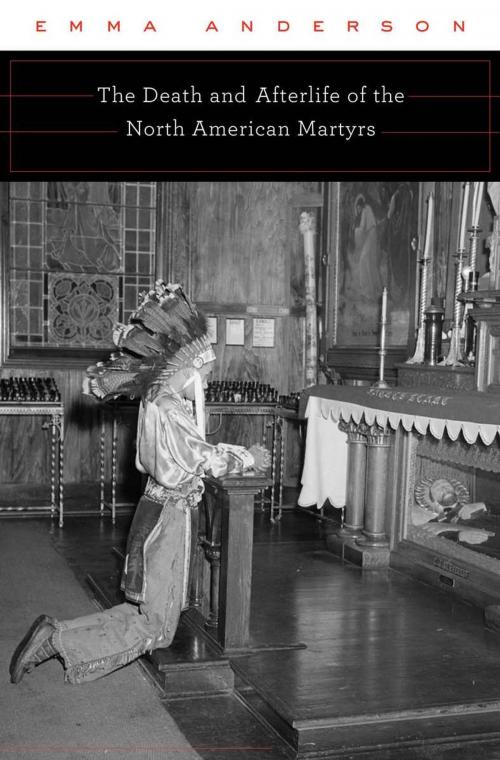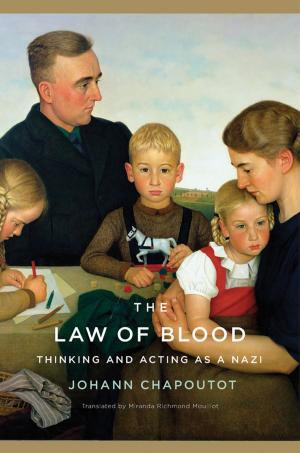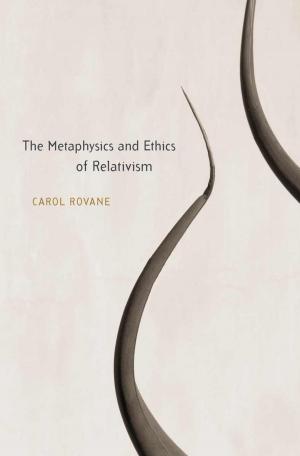The Death and Afterlife of the North American Martyrs
Nonfiction, History, Americas, North America, Religion & Spirituality, Christianity, Church, Church History| Author: | Emma Anderson | ISBN: | 9780674727175 |
| Publisher: | Harvard University Press | Publication: | November 18, 2013 |
| Imprint: | Harvard University Press | Language: | English |
| Author: | Emma Anderson |
| ISBN: | 9780674727175 |
| Publisher: | Harvard University Press |
| Publication: | November 18, 2013 |
| Imprint: | Harvard University Press |
| Language: | English |
In the 1640s, eight Jesuit missionaries met their deaths at the hands of native antagonists. With their collective canonization in 1930, these men became North America's first saints. Emma Anderson untangles the complexities of these seminal acts of violence and their ever-changing legacy across the centuries. While exploring how Jesuit missionaries perceived their terrifying final hours, she also seeks to comprehend the motivations of those who confronted them from the other side of the axe, musket, or caldron of boiling water, and to illuminate the experiences of those native Catholics who, though they died alongside their missionary mentors, have yet to receive comparable recognition as martyrs. In tracing the creation and evolution of the cult of the martyrs across the centuries, Anderson reveals the ways in which both believers and detractors have honored andpreserved the memory of the martyrs in this "afterlife," and how their powerful story has been continually reinterpreted in the collective imagination. As rival shrines rose on either side of the U.S.-Canadian border, these figures would both unite and deeply divide natives and non-natives, francophones and anglophones, Protestants and Catholics, Canadians and Americans, forging a legacy as controversial as it has been enduring.
In the 1640s, eight Jesuit missionaries met their deaths at the hands of native antagonists. With their collective canonization in 1930, these men became North America's first saints. Emma Anderson untangles the complexities of these seminal acts of violence and their ever-changing legacy across the centuries. While exploring how Jesuit missionaries perceived their terrifying final hours, she also seeks to comprehend the motivations of those who confronted them from the other side of the axe, musket, or caldron of boiling water, and to illuminate the experiences of those native Catholics who, though they died alongside their missionary mentors, have yet to receive comparable recognition as martyrs. In tracing the creation and evolution of the cult of the martyrs across the centuries, Anderson reveals the ways in which both believers and detractors have honored andpreserved the memory of the martyrs in this "afterlife," and how their powerful story has been continually reinterpreted in the collective imagination. As rival shrines rose on either side of the U.S.-Canadian border, these figures would both unite and deeply divide natives and non-natives, francophones and anglophones, Protestants and Catholics, Canadians and Americans, forging a legacy as controversial as it has been enduring.















